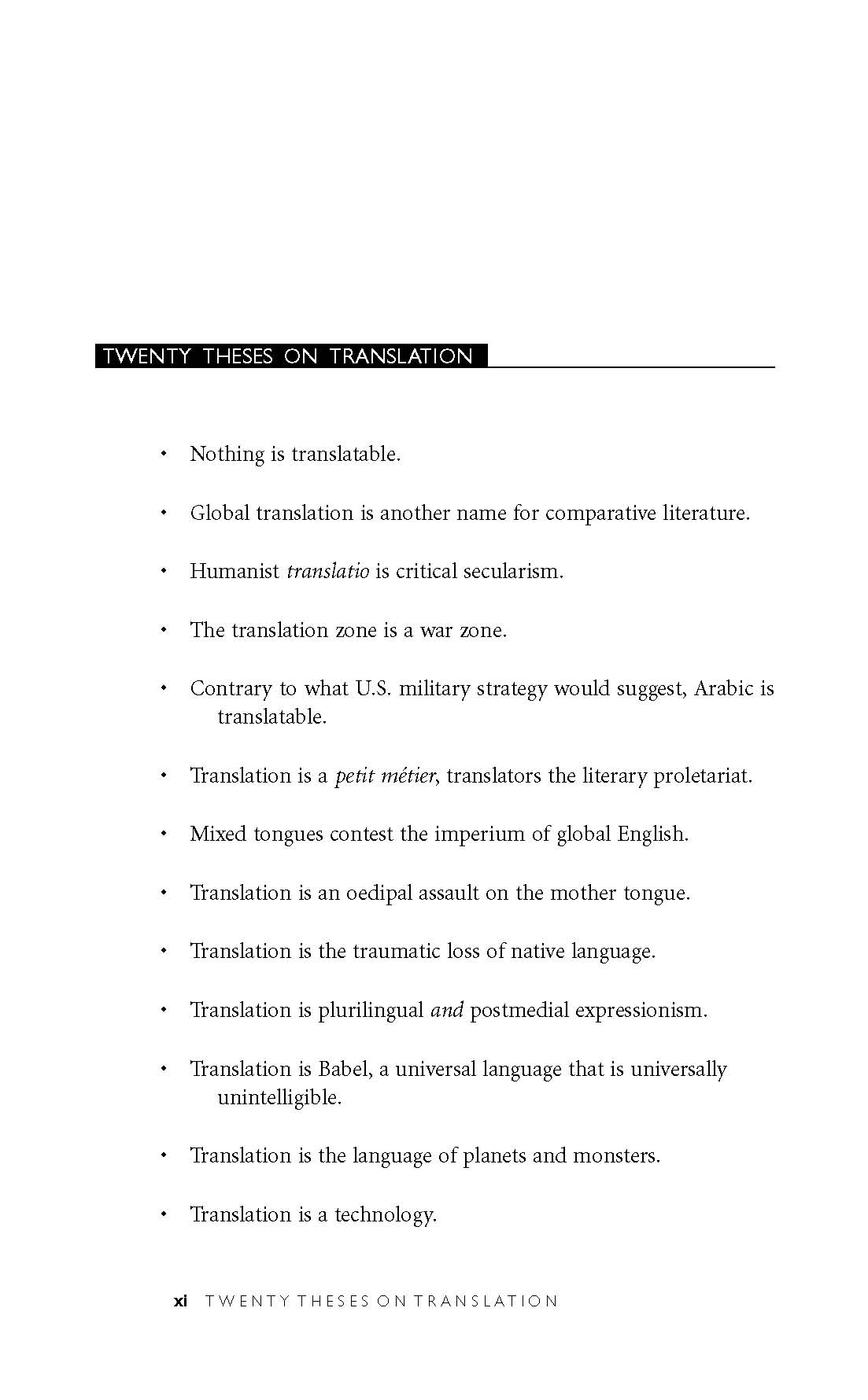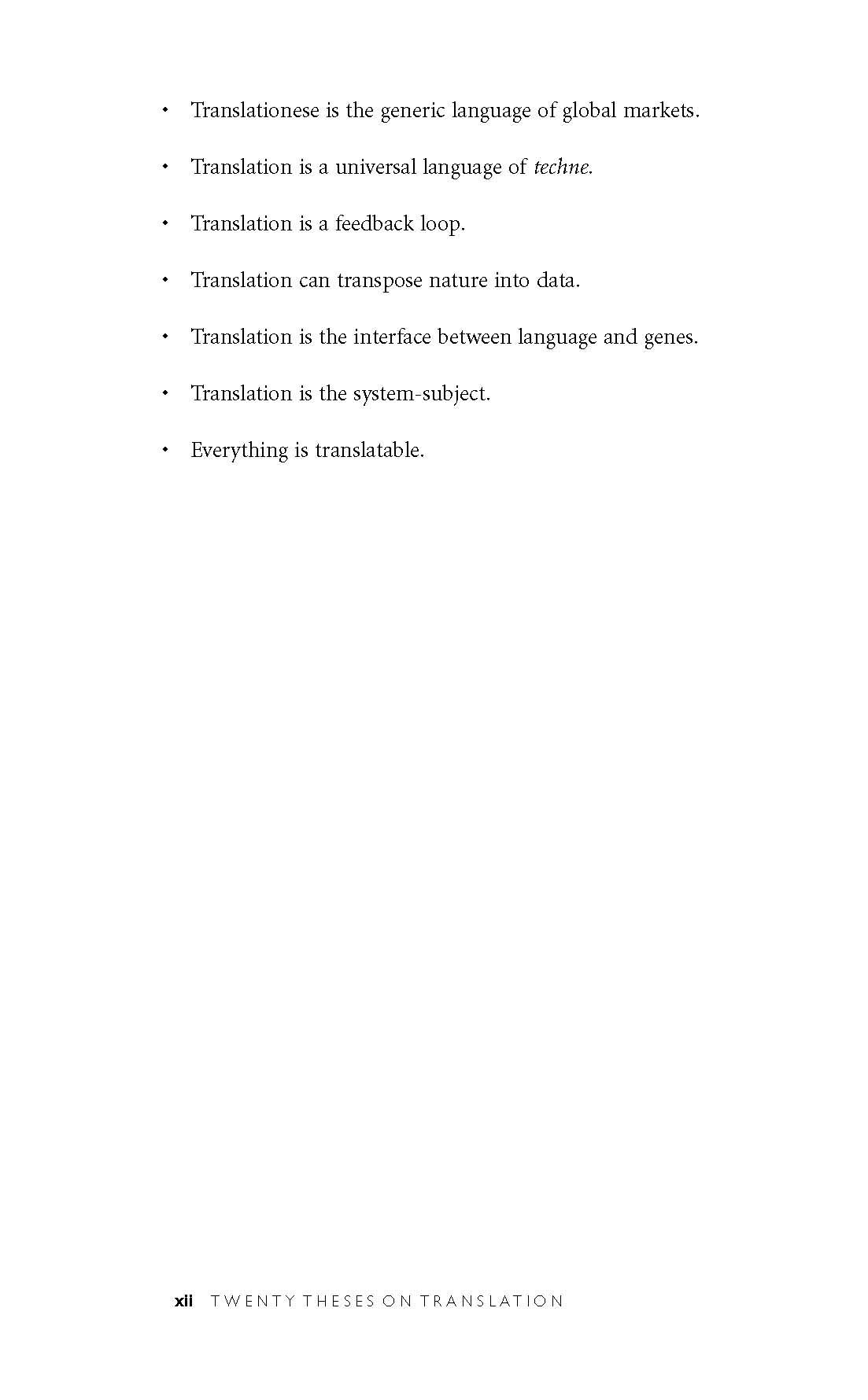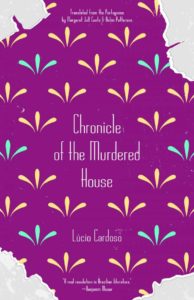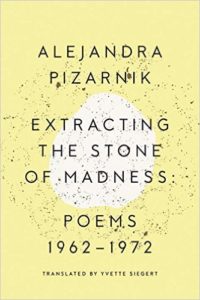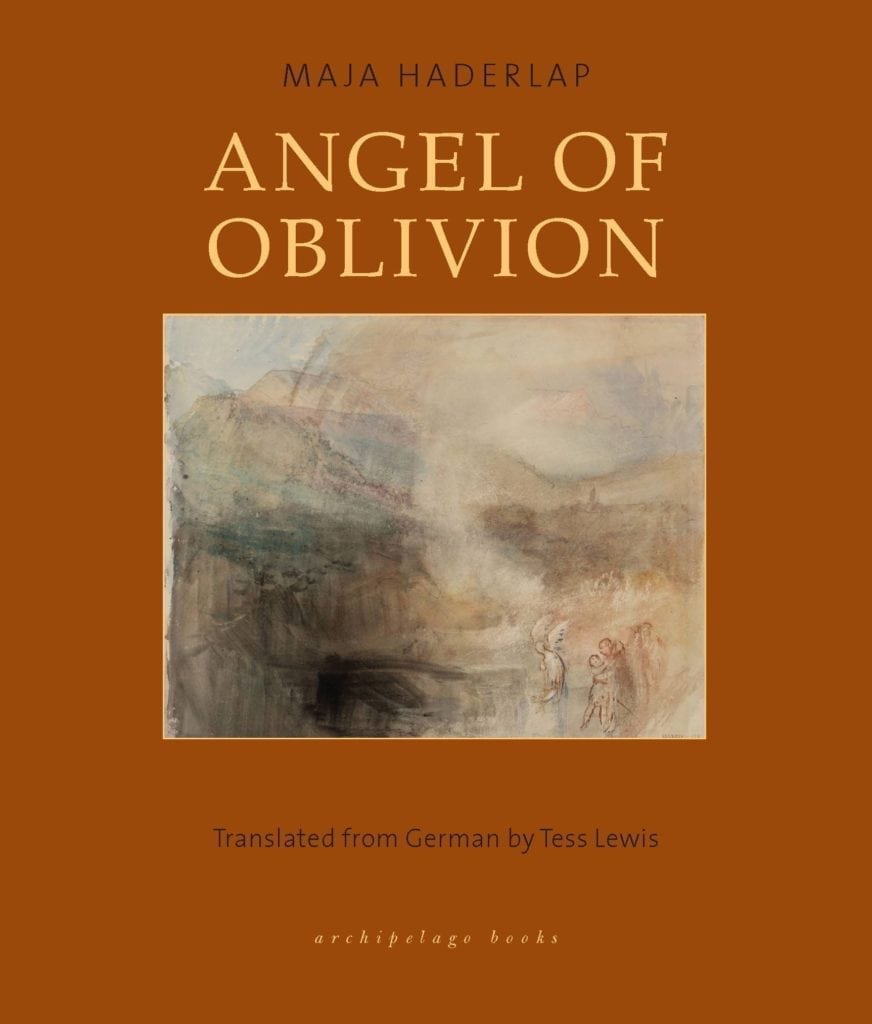The Guardian put this cheat sheet together in advance of a BBC adaptation: “War and Peace: The 10 Things to Know (If You Actually Haven’t Read It)”
“Why Read War and Peace?”: If you’ve never attempted it, let University of Chicago professor William Nickell tell you why it’s worth your time.
There remains the greatest of all novelists — for what else can we call the author of War and Peace? Shall we find Tolstoi, too, alien, difficult, a foreigner? Is there some oddity in his angle of vision which, at any rate until we have become disciples and so lost our bearings, keeps us at arm’s length in suspicion and bewilderment? From his first words we can be sure of one thing at any rate — here is a man who sees what we see, who proceeds, too, as we are accustomed to proceed, not from the inside outwards, but from the outside inwards.
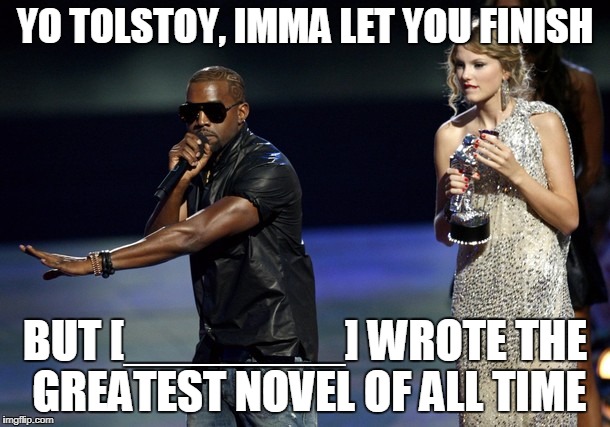
War and Peace is widely regarded as one of the greatest novels of all time… but there’s always room for debate. What’s your pitch for Gob Squad’s next epic adaptation?
PLUS: Everything you ever wanted to know about Gob Squad in their FAQ Videos.

